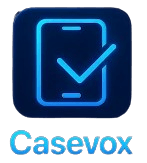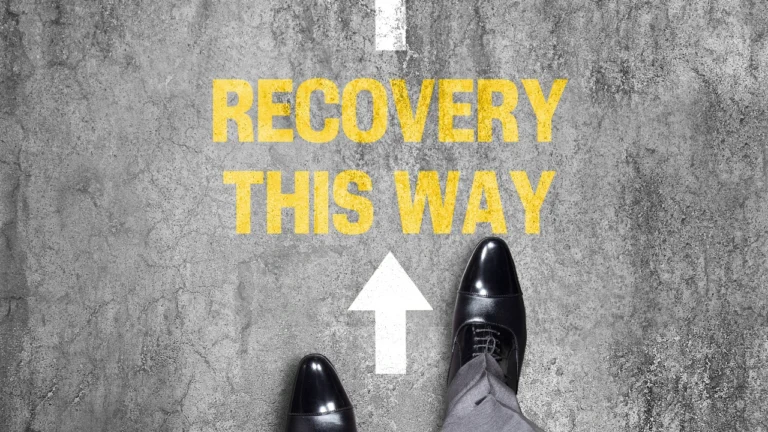Illegal things debt collectors are doing to you…
The Federal Fair Debt Collection Practices (FDCPA) is a United States statute added in 1978 as Title VIII of the Consumer Credit Protection Act. Its intent is to eliminate abusive practices in the collection of consumer debts, to advocate for fair debt collection, and to offer consumers a way to dispute and obtain validation of debt information in order to ensure the information’s accuracy.
The Act creates guidelines under which debt collectors may conduct business, defines the rights of consumers involved with debt collectors, and prescribes penalties and remedies for violations of the Act.
In other words, there are certain illegal things debt collectors are doing to you that they should not be doing, and in this post, we cover the illegal things debt collectors are doing to you and tell you how to stop them.
Under the FDCPA, you have specific rights, and collection agencies may NOT:
• Contact you by telephone outside of the hours of 8:00 a.m. to 9:00 p.m. local time, except where otherwise specified by you
• Fail to cease communication upon request
• Cause a telephone to ring or engage in a telephone conversation repeatedly with the intent to annoy, abuse, or harass any person at the called number
• Communicate with you at your place of employment after having been advised that this is unacceptable or prohibited by your employer
• Directly contact you when they know represented by an attorney
• Speak with you after a request for validation has been made
• Misrepresent debt or use deception to collect the debt
• Publish your name or address on a public list of debtors
• Seek unjustified amounts, or demand any amounts not permitted under an applicable contract
• Threaten arrest or legal action that is not permitted or not actually contemplated
• Use abusive or profane language in the course of communication with you
• Communicate with third parties to reveal or discuss the nature of debts involved (other than your spouse or attorney
• Pursue contact via embarrassing media, such as sending a postcard, or using a symbol or language, other than the debt collector’s address, on any envelope when communicating with a consumer.
• Report false information on a consumer’s credit report, or threatening to do so in the process of collection
What can I do about it?
If you are being harassed by a debt collection representative in any of the ways mentioned above and do not wish to take it a step further, then you should read the above list carefully to be able to detect the next time they are breaking the law. Once you detect that they are violating your consumer rights, politely tell the debt collection representative that they have stepped out of line and you are aware of your rights and the consequences of their violation. This should put them back in line.
Alternatively, if you wish to take it a step further, then you should gather any evidence of harassment you have against your debt collector (recorded phone calls, faxes, unsolicited visits to your place of employment after they have been informed to stay away, etc) and get on the phone with us immediately. We will safeguard your rights and ensure that you get compensation of $1000or more.
You have rights, and if any of the above have been violated, you should speak with a consumer rights attorney at 877-700-5790.
About Consumer Rights Law Firm, PLLC
Consumer Rights Law Firm, PLLC is a law firm that specializes in helping clients who are facing harassment from debt collectors in any form, including telephone communication. Rather than suffer alone, contact our office to begin the process of stopping all forms of harassment you currently face. Our office has been assisting consumers since 2010, and we have an A+ rating with the Better Business Bureau.







